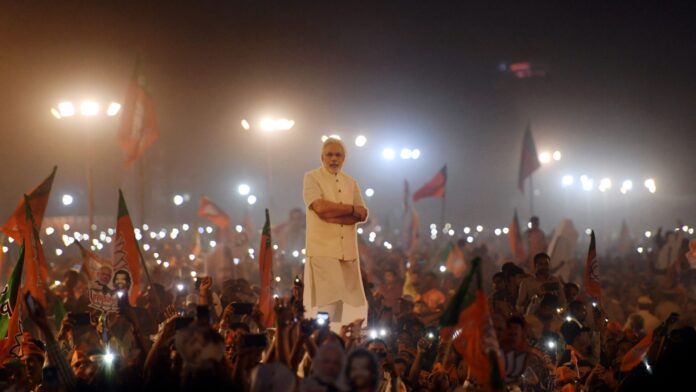Author: Soutik Biswas
Affiliation: India correspondent at BBC
Organization/Publisher: BBC
Date/Place: March 16, 2021/UK
Type of Literature: Article
Word Count: 1693
Link: https://www.bbc.com/news/world-asia-india-56393944
Keywords: Democracy, NGO, Political Rights, Swedish Institute
Brief:
The so-called largest democracy in the world is passing through its most difficult phase. Last week, Freedom House, a US government funded NGO, in its annual report on global political rights and liberties downgraded India’s democracy status from a free democracy to a ‘partly free democracy’. In his analysis, Soutik Biswas also mentions another similar report released by a Sweden-based V-Dem institute. The Swedish institute’s latest report on democracy declared India as an “electoral autocracy”. Not only this, but the latest Democracy Index published last month by the Economist Intelligence unit described India—which slipped to 53rd position—as a ‘flawed democracy’. According to the Freedom House annual report, since Modi came to power, civil liberties in India have been in continuous decline. V-Dem said the “diminishing of freedom of expression, the media, and civil society have gone the furthest” during Modi’s rule, and that as far as censorship goes, India was “as autocratic as Pakistan and worse than its neighbors Bangladesh and Nepal”. According to the Democracy Index, India’s ranking declined due to the anti-Muslim policies of Modi’s government and its attack on civil liberties. The Indian foreign minister in his response rejected the findings and came out with the denunciation of these reports. In his conclusion, the author discusses the academic value and credibility of such global indexing and reports. In a nutshell, these reports are useful for academic and research purposes and also identify broad trends where the country is heading.
By: Maryam Khan, CIGA Research Associate




